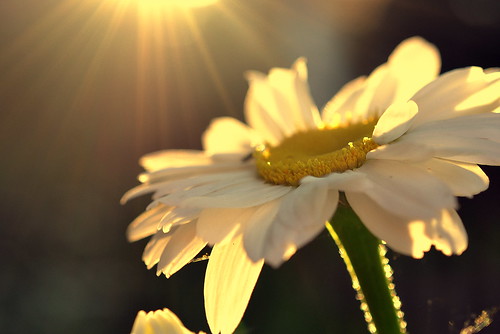
In my prison sangha, there are a variety of men—young and old; tough and tender; expressive and quiet. One of our quiet leaders is a burly guy with a shaved head. No one messes with him. Yet I know he’s a kind soul who had an amazingly difficult childhood. He practices meditation diligently. His heart continues to open in new ways. He shows up every week and sits in the circle.
During a one-on-one visit, another teacher and I shared with our “big, tough guy” exactly how and why we value his wisdom, presence, and practice. We let him know we care. He paused and the tears came, rolling down his cheeks. I asked, “Are these tears because no one has told you this before or because you don’t feel worthy?” He quietly nodded, “It’s both.”
This powerful interaction touched me in two ways: It was a reminder to tell people why and how I love them—to not hold back these words—because it makes a difference; it was also a reminder of our western-culture core wound: a deep-seated feeling of unworthiness.
It’s a life-long practice to build awareness, understand ourselves, and bear witness to our own pain; to apply self-compassion. It begins when others see us—really see us, as is—and accept us without conditions. It continues when we do this for ourselves.
Brené Brown writes, “Wholehearted living is about engaging in our lives from a place of worthiness. It means cultivating the courage, compassion, and connection to wake up in the morning and think, No matter what gets done and how much is left undone, I am enough. It’s going to bed at night thinking, Yes, I am imperfect and vulnerable and sometimes afraid, but that doesn’t change the truth that I am also brave and worthy of love and belonging.”
May we all live and breathe in a more wholehearted way.
